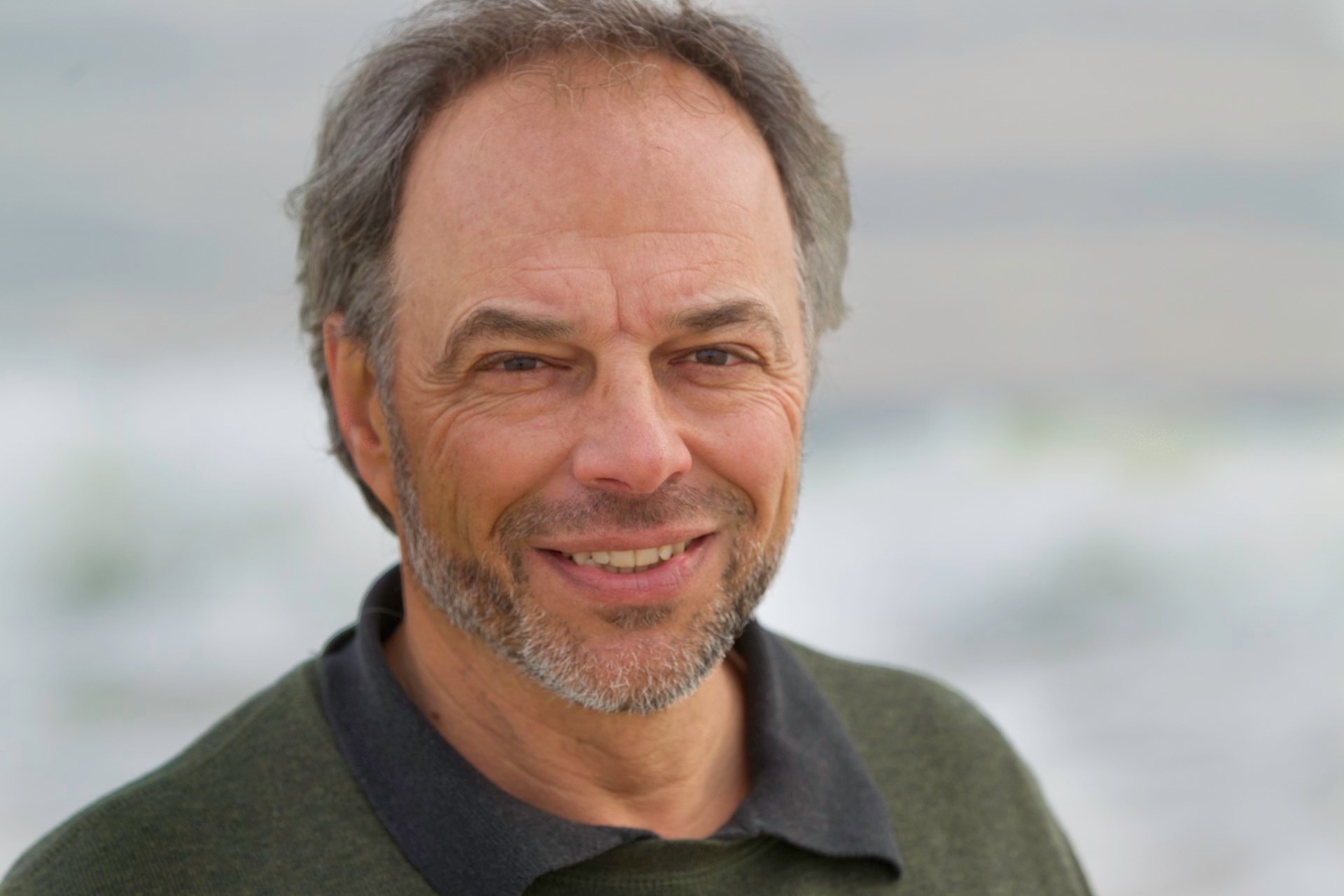[Scorched-Earth Fishing, Issues in Science and Technology, 14, 3, Spring 1998, 33–36, http://www.jstor.org/stable/43313863]
Famous Carl Safina Quotes
Source: [A sea ethic: floating the Ark, Blue Ocean Institute, 2005, http://citeseerx.ist.psu.edu/viewdoc/download?doi=10.1.1.495.177&rep=rep1&type=pdf]
[The Atlantic, Deepwater Horizon, One Year Later: A Conversation With Carl Safina, 20 April 2011, http://www.theatlantic.com/entertainment/archive/2011/04/deepwater-horizon-a-convesation-with-carl-safina/237043/] (Talking to the author of "A Sea in Flames" about how offshore drilling has—and hasn't changed—since the Gulf spill — interview by Douglas Gorney)
Gause 1934
[Foraging habitat partitioning in Roseate and Common Terns, The Auk, 107, 2, April 1990, 351–358, 10.2307/4087619, https://www.jstor.org/stable/4087619]
[Conservation Biology, 7, 2, June 1993, Bluefin Tuna in the West Atlantic: Negligent Management and the Making of an Endangered Species, 229–234, http://www.jstor.org/stable/2386419]
